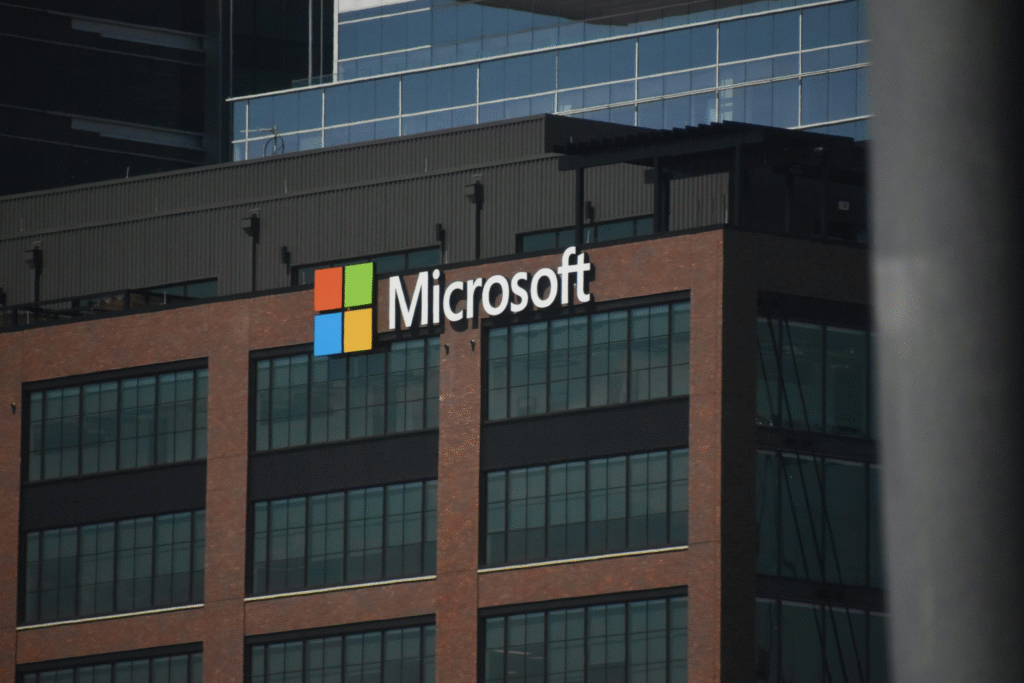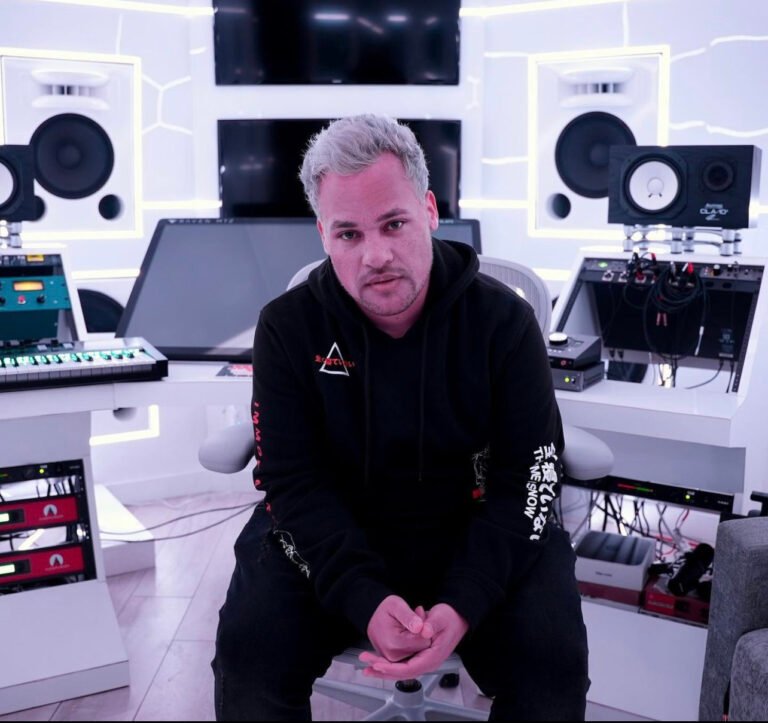Joe Friend, a 62-year-old former director at Microsoft, spent 20 years at the company before being laid off unexpectedly. His plans for retirement and a steady future were suddenly shaken. Despite receiving severance pay, Joe now faces an uncertain road ahead—one that has pushed him to rediscover purpose beyond Big Tech.
For more than two decades, Joe Friend proudly called Microsoft his professional home. He had joined the company when technology was rapidly changing the world, and he witnessed its incredible growth and success from the inside. But in May this year, his long and stable journey took an unexpected turn. At the age of 62, Joe was told that he was being laid off. For someone who had given twenty years of his life to the company, the news came as a deep shock. “I wasn’t entirely surprised by the layoffs. I was surprised to get caught up in them,” he admitted. His words reflect a mix of sadness and disbelief—emotions many long-time employees across the tech industry have begun to share.
Joe worked as a director of product management at Microsoft. He led a team of nine people, guiding projects and mentoring younger professionals. Earlier this year, he heard rumours spreading through office corridors that the company was planning a major restructuring. Managers might lose their roles, but Joe didn’t think it would happen to him. After all, he had been loyal, hardworking, and part of Microsoft’s story for twenty years. But when the email finally arrived in May, reality hit hard—his role, along with fourteen others in his department, was being cut. Four of those were managers, just like him.

For Joe, the layoff felt like more than just losing a job. It disrupted his future plans and changed the way he saw his career. He called the experience “doubly shocking” because it not only ended his time at Microsoft but also destroyed his carefully planned retirement timeline. His goal had been to work until his 65th birthday, which, according to company policy, would allow his stock grants to keep vesting even after he left. Turning 65 would have been a milestone—a moment of financial and emotional security. “My plan was to figure out what I wanted to do over the next three years,” he said quietly. “Then all of a sudden I’m at the doorstep, and I have to make that decision now.”
The suddenness of it all left him confused. At 62, finding a new job in Big Tech isn’t easy. The industry has changed, and companies are now focusing on younger talent, automation, and AI-driven efficiency. Joe knew that his next opportunity would not be at Microsoft—or perhaps even at any other large tech firm. So, he began thinking differently about what he could do next.
For now, Joe has turned his attention to helping a young entrepreneur, offering guidance and mentorship based on his decades of experience. It’s not the kind of job he had before, but it gives him a sense of meaning. Supporting someone who is just starting out reminds him of his early days in the industry, filled with curiosity and ambition. It’s a change of pace, but it’s also a way for Joe to stay connected to the world he loves, even if he’s no longer in the spotlight.
Microsoft’s layoffs have affected many others like Joe. Earlier this year, the company announced that around 6,000 jobs would be cut in May, followed by another 9,000 in July. These cuts were part of a strategy to “reduce management layers and streamline operations.” A spokesperson for Microsoft explained that the company wanted to simplify its structure and focus on its most essential goals. But for those who lost their jobs, such explanations did little to ease the pain.
Across the tech world, layoffs have become common. Big names like Google, Intel, and Amazon have also trimmed down their workforce, particularly in middle management. Even though the overall number of job cuts is smaller compared to past economic slowdowns, the emotional and financial impact on individual workers is huge. For many experienced professionals, it’s becoming harder to find new positions. The demand for white-collar workers has slowed down, and companies are becoming more selective in their hiring.
For Joe, this reality is difficult to accept. He had always imagined that after retiring, he would leave his role at Microsoft with pride, celebrating years of service and memories with his colleagues. Instead, he left quietly, his farewell marked not by a party, but by a notice. “It feels like a betrayal,” he said. His voice, calm yet filled with emotion, reveals the heartbreak of someone who believed he was part of a family but discovered that loyalty in the corporate world has limits.
Now, several months after his layoff, Joe is still figuring out his future. He isn’t sure what comes next, but he knows one thing for certain—his time in Big Tech is over. He is open to exploring new opportunities, perhaps outside the fast-moving technology bubble. He hopes to use his skills to help others grow, to build something meaningful, and to find peace with how his story at Microsoft ended.
His journey reflects a larger truth about today’s job world. Even the most experienced and dedicated employees are not safe from corporate changes. The rise of automation, restructuring, and cost-cutting has made job security a rare thing. For younger professionals, Joe’s story serves as a reminder that careers are not just about climbing the ladder—they’re also about being prepared for the unexpected turns life can bring.
Joe’s experience is both painful and inspiring. Painful, because it shows how fragile even a 20-year career can be. Inspiring, because he hasn’t given up. He has chosen to move forward, to stay kind, curious, and helpful in a world that sometimes feels cold and rushed. His story is a quiet lesson about resilience—the kind that doesn’t come from success, but from the courage to start again when success ends.
As Joe reflects on his time at Microsoft, he doesn’t deny the good years he had there. He feels proud of what he built and the people he worked with. Yet, as he looks toward the future, he admits that his priorities have shifted. “Maybe it’s time to think less about titles and more about purpose,” he says thoughtfully.
It’s not the retirement plan he imagined, but it might just be the beginning of a new chapter—one not written in corporate reports, but in the small acts of helping others find their way.








